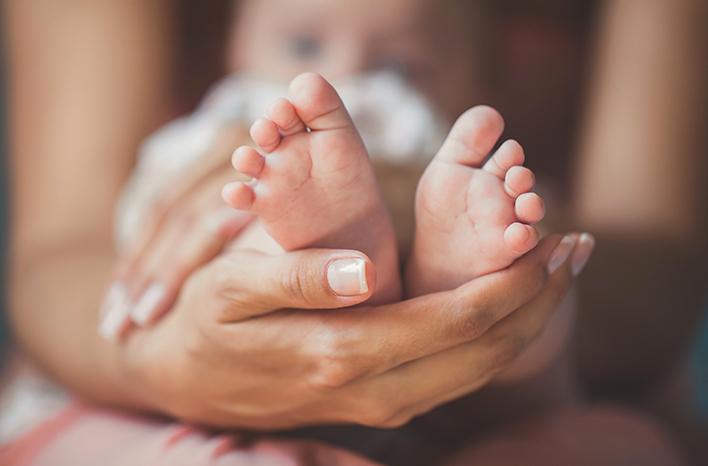Adoption and Infertility

Unless individuals have pre-existing medical problems, they usually assume it will be easy to conceive a child. Therefore, it comes as a shock for the one in every six couples who are diagnosed with infertility.
Facing Infertility
Infertility is defined as the inability to conceive or the inability to carry pregnancies to a live birth. Most couples facing this issue seek medical advice, usually from an infertility specialist. There was a time when adoption was the only way for a couple facing infertility to grow their family, but today there are many more options. If you are seeking to adopt, we do provide infertility and adoption support.
Infertility and Relationships
Even though a significant portion of the population experiences infertility, couples who are going through it often feel isolated. Sometimes they feel their problem is unique, and can’t help but feel the world is filled with pregnant women and beautiful babies. Individuals may become depressed and avoid as many situations as possible that involve children. As avoidant behavior becomes more common, the feeling of isolation increases. For this reason, it is often beneficial to pursue a infertility and adoption counseling center or therapy. Support groups are especially helpful in countering feelings of isolation and the notion of being the “only one with this problem."
Even the strongest relationship will be tested by infertility and may benefit from counseling or participation in a support group. For most individuals, their infertility crisis either pulls their relationship apart or significantly strengthens it.
Adoption after Infertility
During the course of infertility evaluation and treatment, one or both partners may begin to realize that they may not be successful and begin exploring adoption. It’s important to understand the difference between viewing adoption as the “second choice” versus the “second best.” Just because adoption may not have been their first choice, this does not mean it is not just as good as their first choice. Through discussion, reading, etc., couples often grow to view infertility and adoption as an ideal way to grow a family.
Couples don’t typically start the adoption home study until they come to a logical break in their infertility treatments. Continuing with both journeys at the same time is difficult. The financial and emotional investments are substantial with both the medical and adoption routes, and some couples need time to grieve the loss of the potential biological child before changing courses. The fact that they choose to adopt does not mean they will never again try the biological quest or seek a more definitive diagnosis. Some may choose to do so if new treatment options become available or if their emotional needs change, but starting a home study usually means that, for the time being, they intend to devote their energy to the adoption process. At this point, it is common for couples to experience a renewed sense of purpose and joy and feel good for the first time in a long time.
Resolving Infertility
One often-debated issue is whether couples must have resolved their infertility before pursuing adoption. The implication in the word "resolved" is that the situation is settled and the feelings are laid to rest. Since biological parents are not required to take any sort of assessment or test to determine their suitability for parenthood, prospective adoptive parents sometimes feel they have to prove themselves in a way that biological parents do not. Some adopting parents become defensie and fearful of revealing important issues that could be addressed effectively in the home study process. They do not want to be perceived as weak or bring up lingering feelings of sadness or anger surrounding their infertility. While it is normal to want to make a good impression on the home study social worker, infertility and adoption statistics show problems may arise in the future if grief is kept inside and not properly addressed and dealt with. Because of this, it is important to work with an adoption organization that is open to honest expressions of feelings regarding infertility.
There are many ways to deal with feelings of loss and sadness. First of all, it’s important to acknowledge the feelings as normal. When you understand and anticipate that these feelings may arise again, then you won’t be surprised each time and feel more in control. Improved communication between partners is also crucial.
Here are some points for adoptive parents to explore in order to better understand whether your infertility has been sufficiently worked through:
- When you can acknowledge and embrace the differences between adoptive and biological parenting, particularly with recognition of the birthparents' place in the adoption triad
- When you are willing and open to sharing your child's adoption story with him or her in the future
- When your life is primarily characterized by optimism and energy rather than pervasive feelings of sadness
Perhaps no quote better captures the experience of dealing with infertility in a healthy manner than that of a participant in Barbara Eck Menning's classic study, Infertility:
"My infertility resides in my heart as an old friend. I do not hear from it for weeks at a time, and then, a moment, a thought, a baby announcement, or some such thing, and I will feel the tug — maybe even be sad or shed a few tears. And I think, ‘There's my old friend.’ It will always be a part of me."



